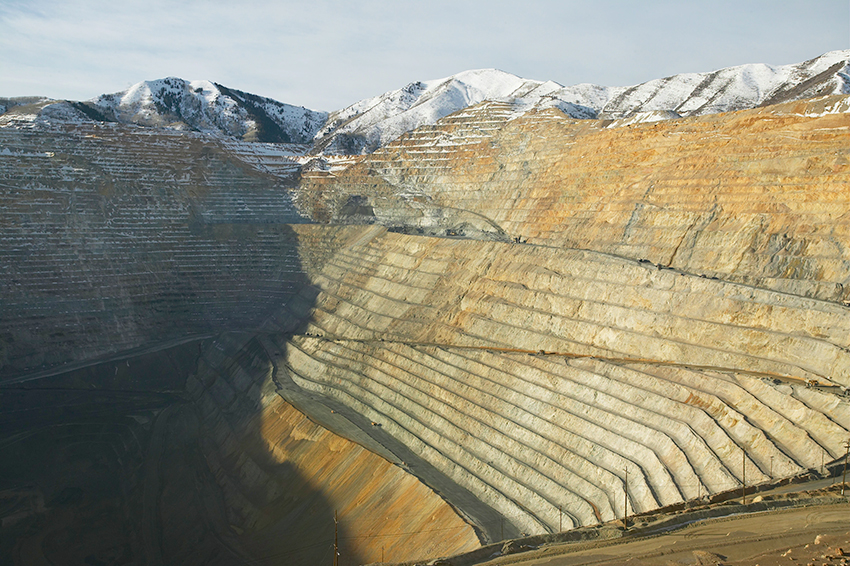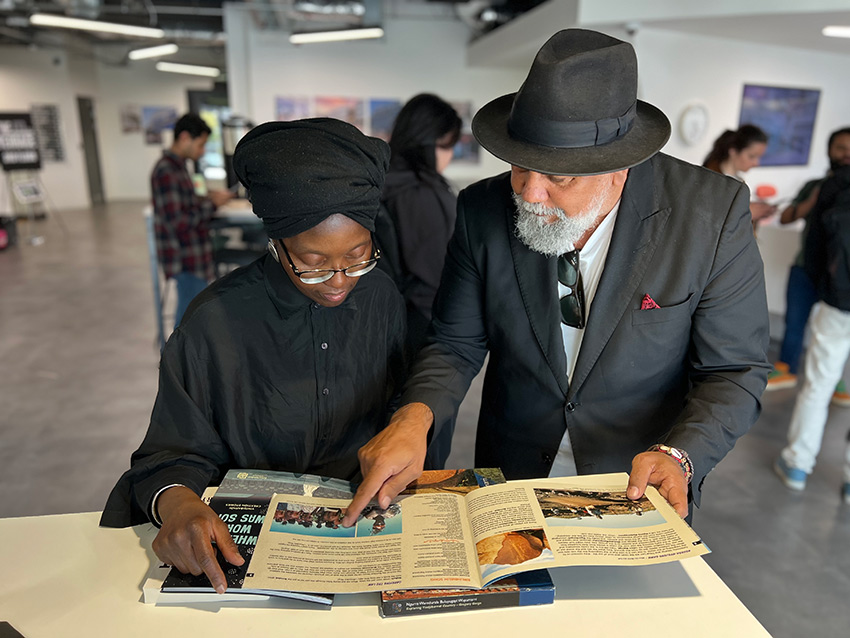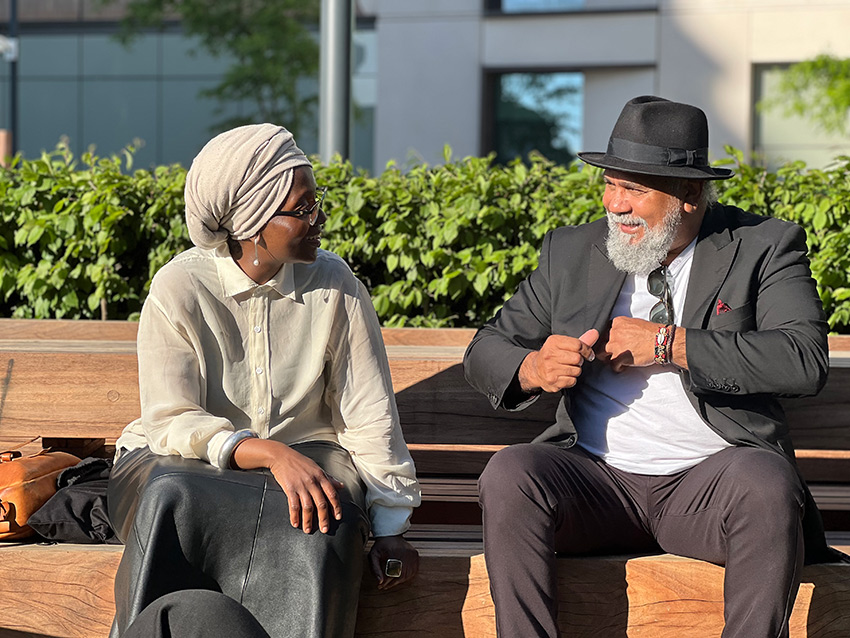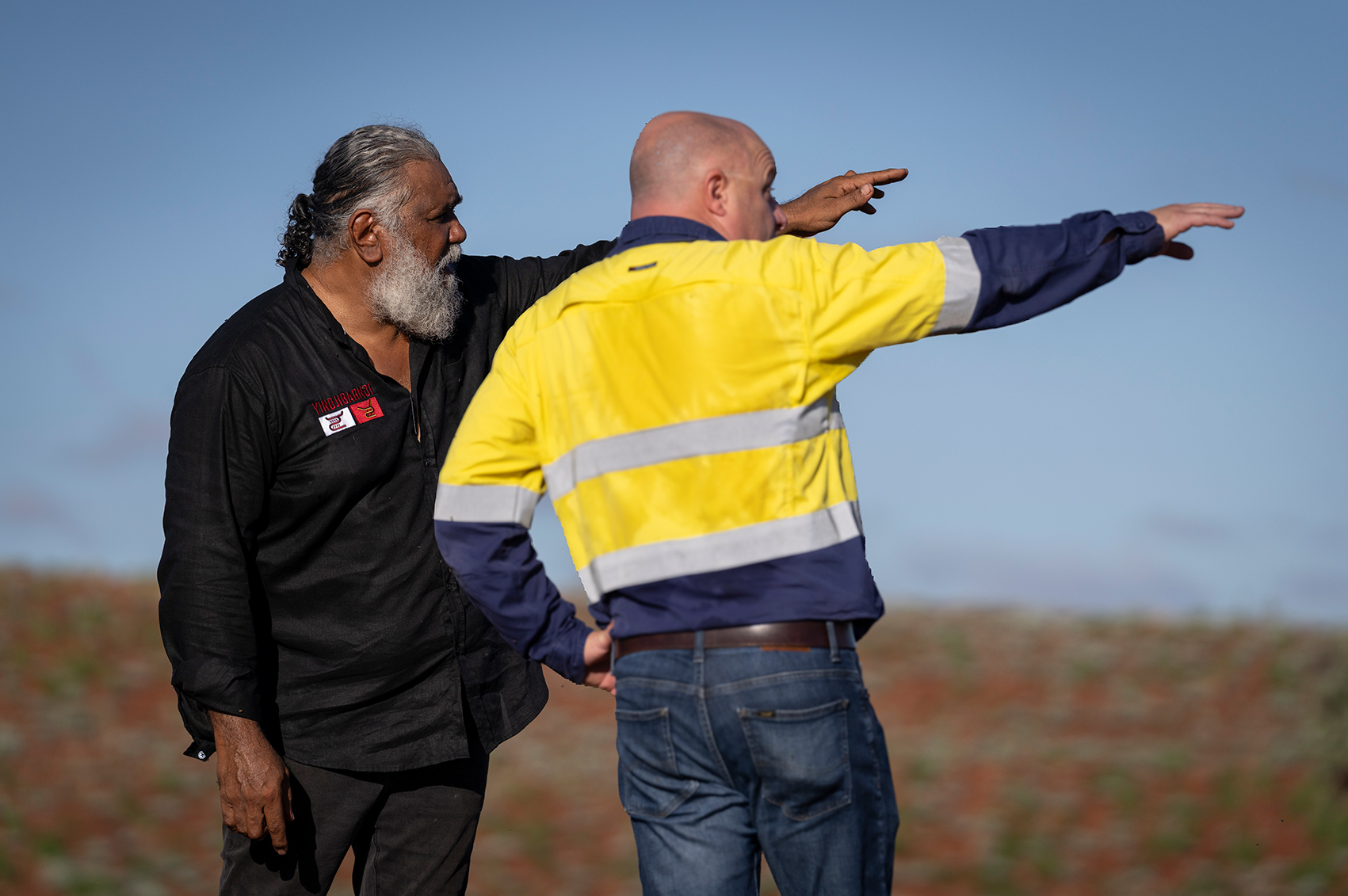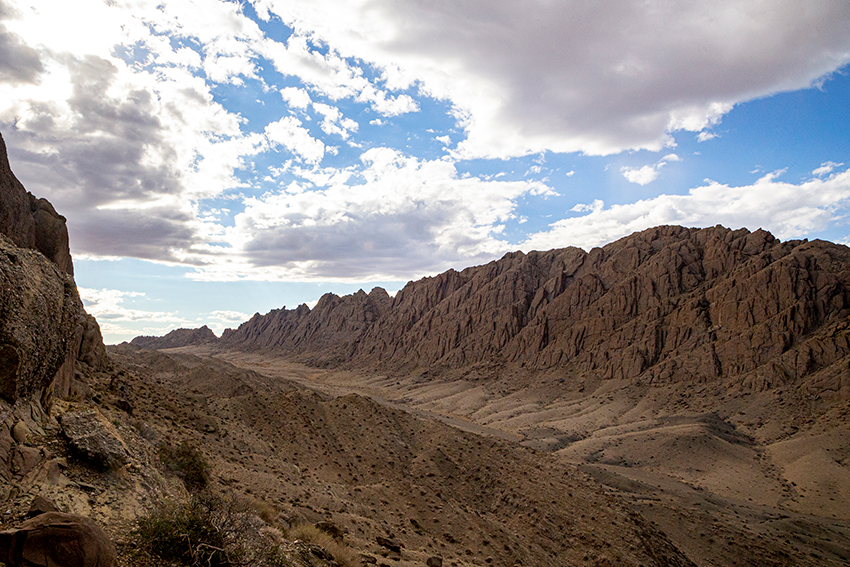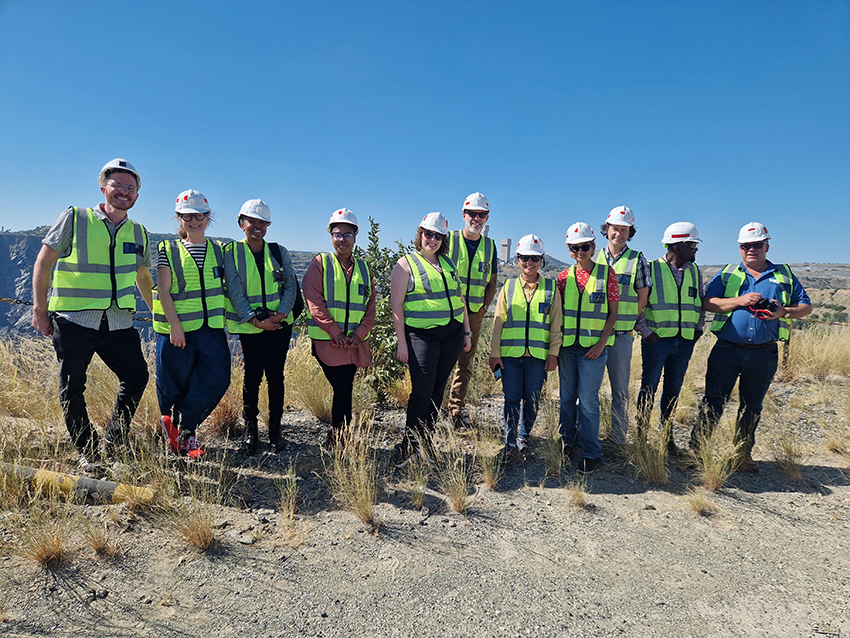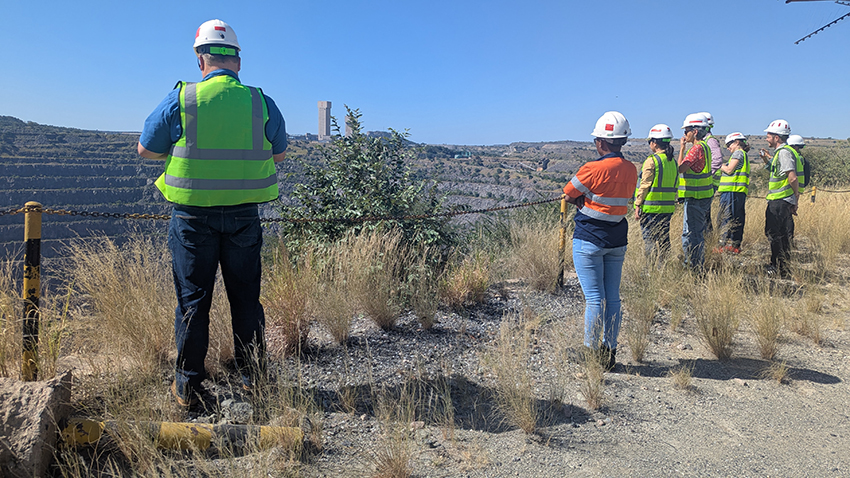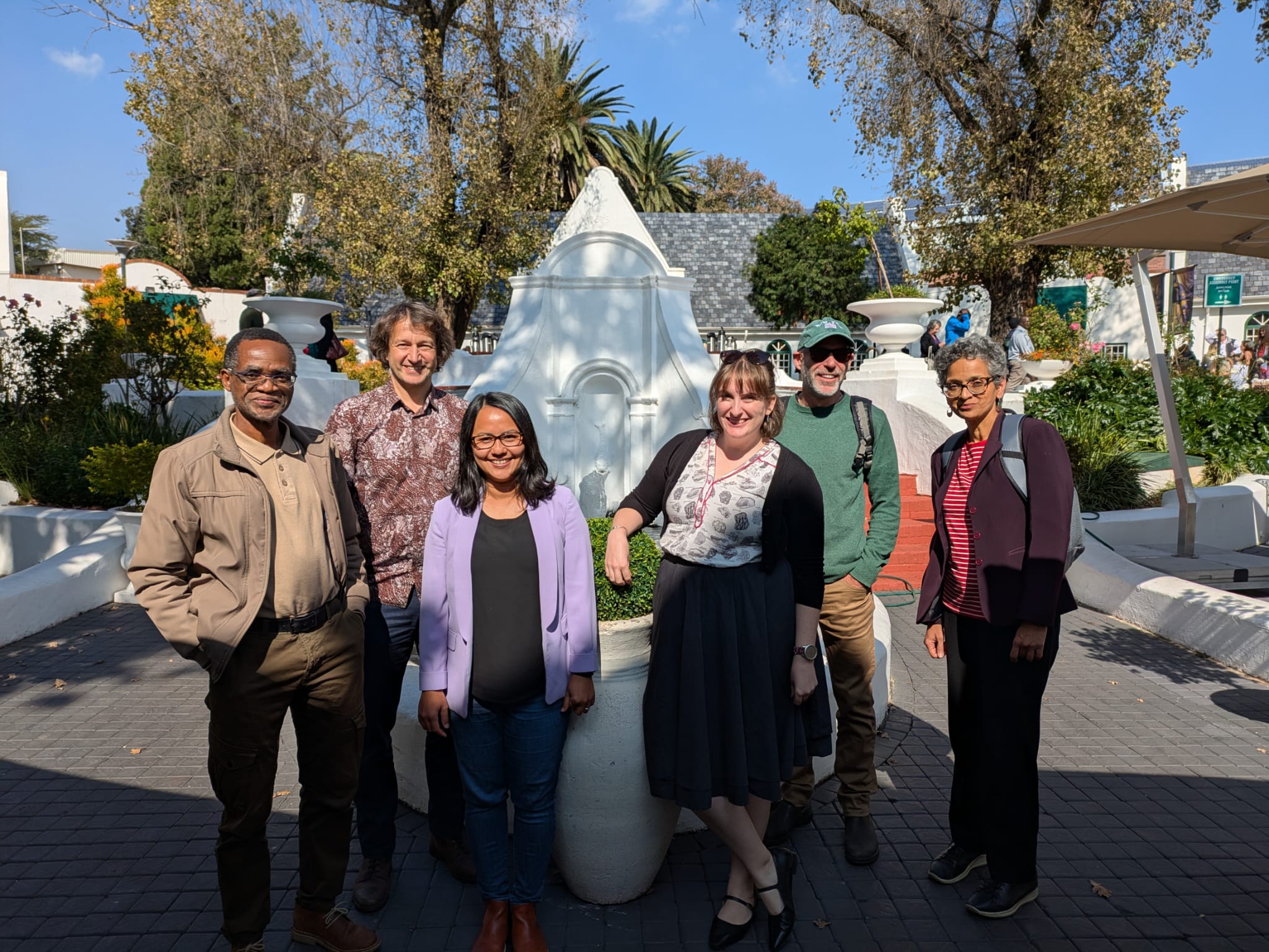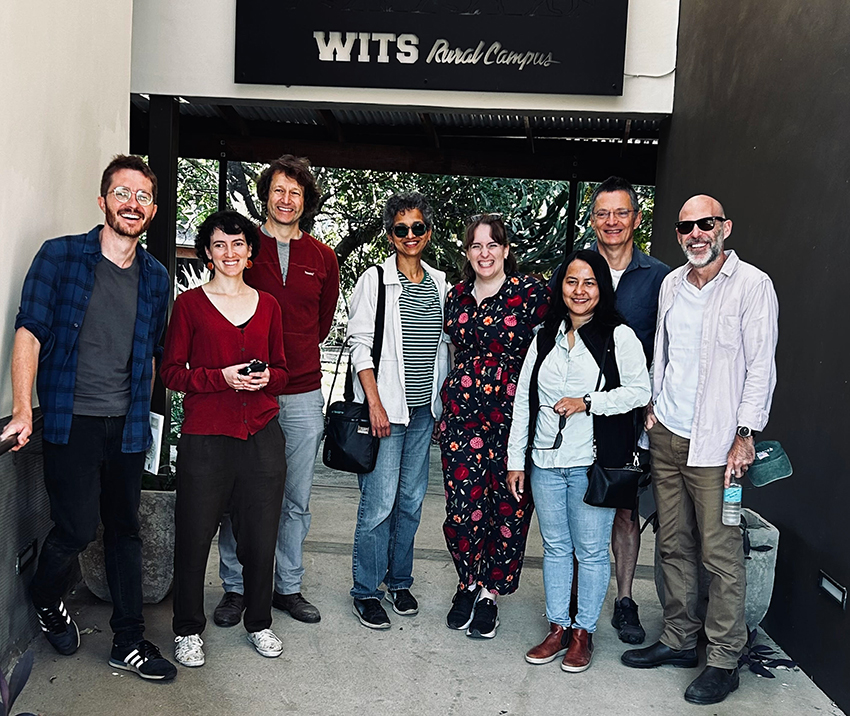Frameworks and methods for social-technological integration
Designing tools to connect people, technology and ecosystems
challenge
What’s the problem we’re trying to
solve?
As the global energy transition accelerates, the demand for critical materials is reshaping landscapes, communities and ecosystems. Traditional methods of material extraction and processing often overlook or actively harm the social and environmental systems they depend on.
Technological innovation alone isn’t enough: without inclusive frameworks that incorporate social, cultural and environmental perspectives, even the most advanced solutions risk reinforcing existing inequalities and triggering unintended consequences.
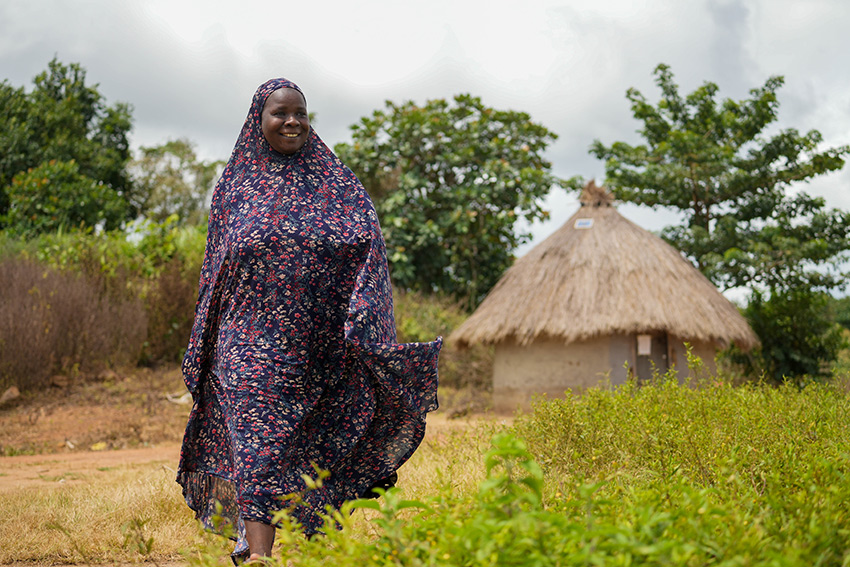
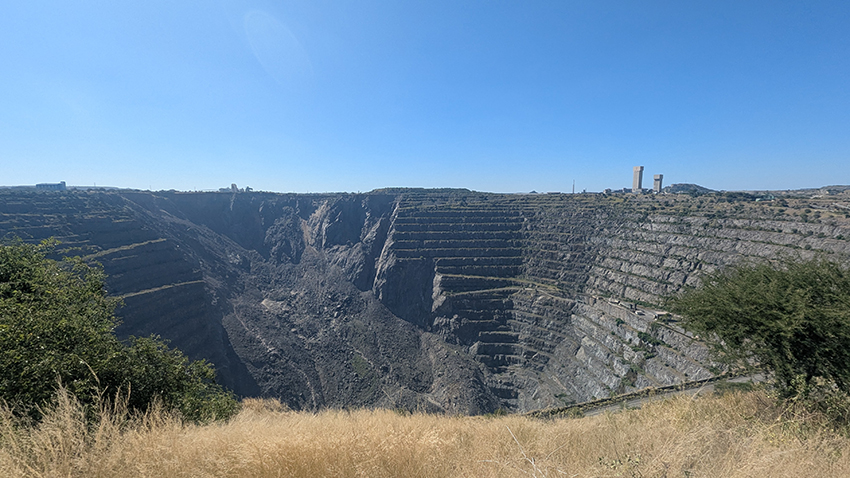
solution
How does this research provide a solution?
This research explores how to better integrate social, environmental and technological perspectives when designing solutions for the future of materials. It does so by building a shared framework and set of methods that can guide transdisciplinary collaboration from the outset, instead of as an afterthought.
We are developing the foundational research structures that will guide the Centre’s research at the extraction-energy transition nexus. Our framework will strengthen the Centre’s technical and scientific outputs by connecting and integrating expertise and methods from social sciences, environmental studies, humanities and traditional knowledge. The result? A systems-thinking approach that allows us to co-design solutions that are not only technically effective, but also socially just and environmentally responsible.
The challenge isn’t just coordination, it’s synthesis: creating tools that help make sense of different ways of knowing, evaluating impacts and setting priorities.
process
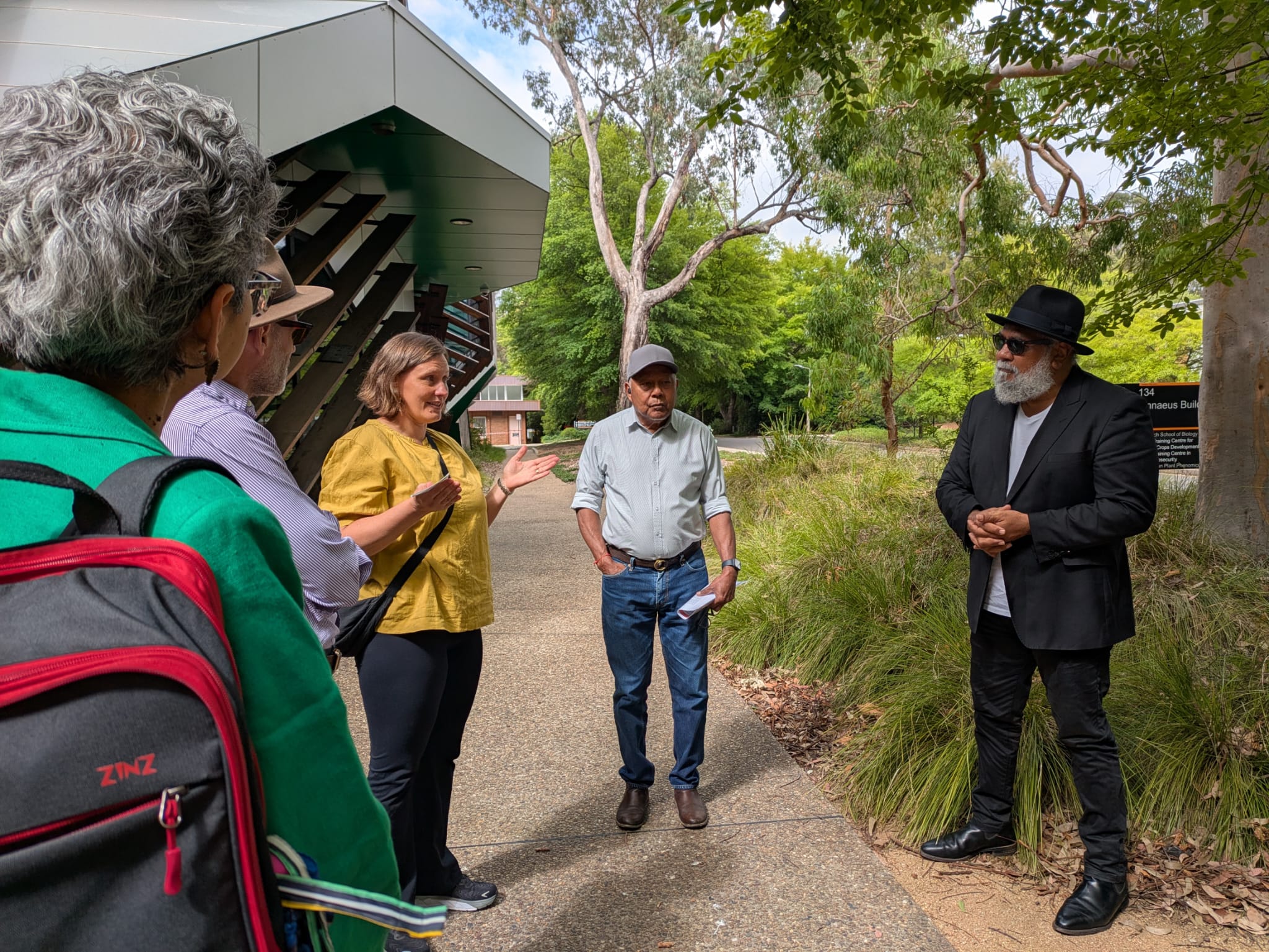
What exactly are we doing?
This work package is laying the foundation for long-term integrative research capacity. The team is:
- Building a framework for integrated, transdisciplinary work: Co-designing a new approach to weave together disciplinary perspectives and community experience into a coherent, systems-oriented research framework that is contextual, adaptable, and based on evidence.
- Developing whole-system assessment methods: Identifying and advancing tools that can assess and improve the social, environmental, and technological dimensions of innovation- together, rather than in isolation.
- Nurturing a culture of transdisciplinary across the Centre: Working with and across teams to shift away from ‘retrofitting’ social acceptance onto technical projects, and towards intentional, integrated research that is solves real challenges. Harnessing the tensions and discomfort between domains to generate holistic, multifaceted knowledge.
- Shining a light on great examples: Showing what good, integrated transdisciplinary work is by analysing case studies, and doing it by collaborating with other work packages.
This work package doesn’t just create a process, it generates new knowledge about how collaboration can serve deeper environmental, social, and governance goals.
team
Who’s involved?
This work package is led by interdisciplinary leaders in science-society collaboration:
- Prof Sujatha Raman – Australian National University
- Prof Martin Dallimer – Imperial College London
- Dr Pablo Brito-Parada – Imperial College London
- Dr Rini Astuti – Australian National University
- A/Prof Nick Bainton – Australian National University
- Dr Karina Judd – Australian National University
- Dr Maria Pantsidou – Imperial College London
Together, the team brings expertise in science and technology studies, environmental governance, socio-technical systems and community-based research.
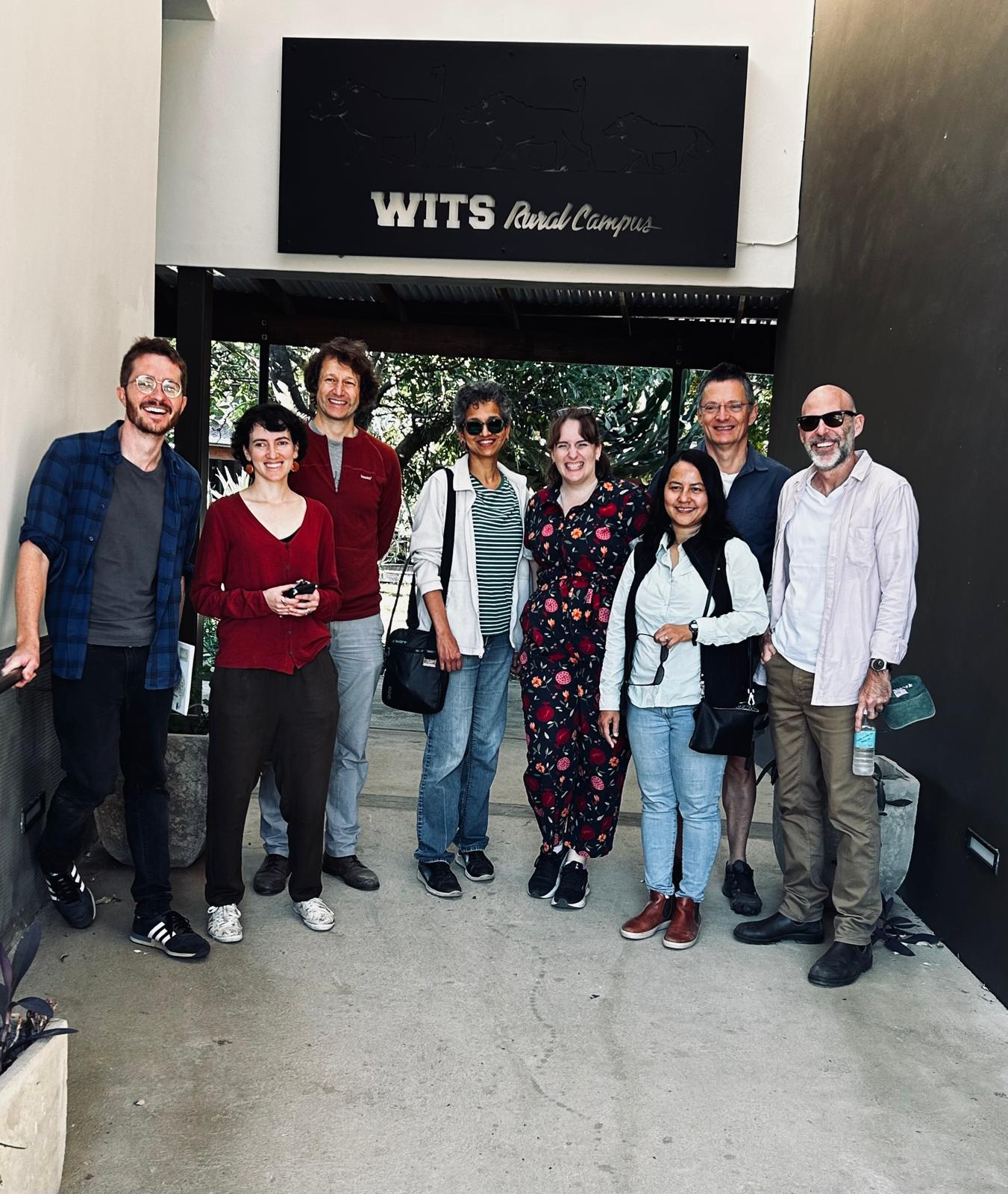
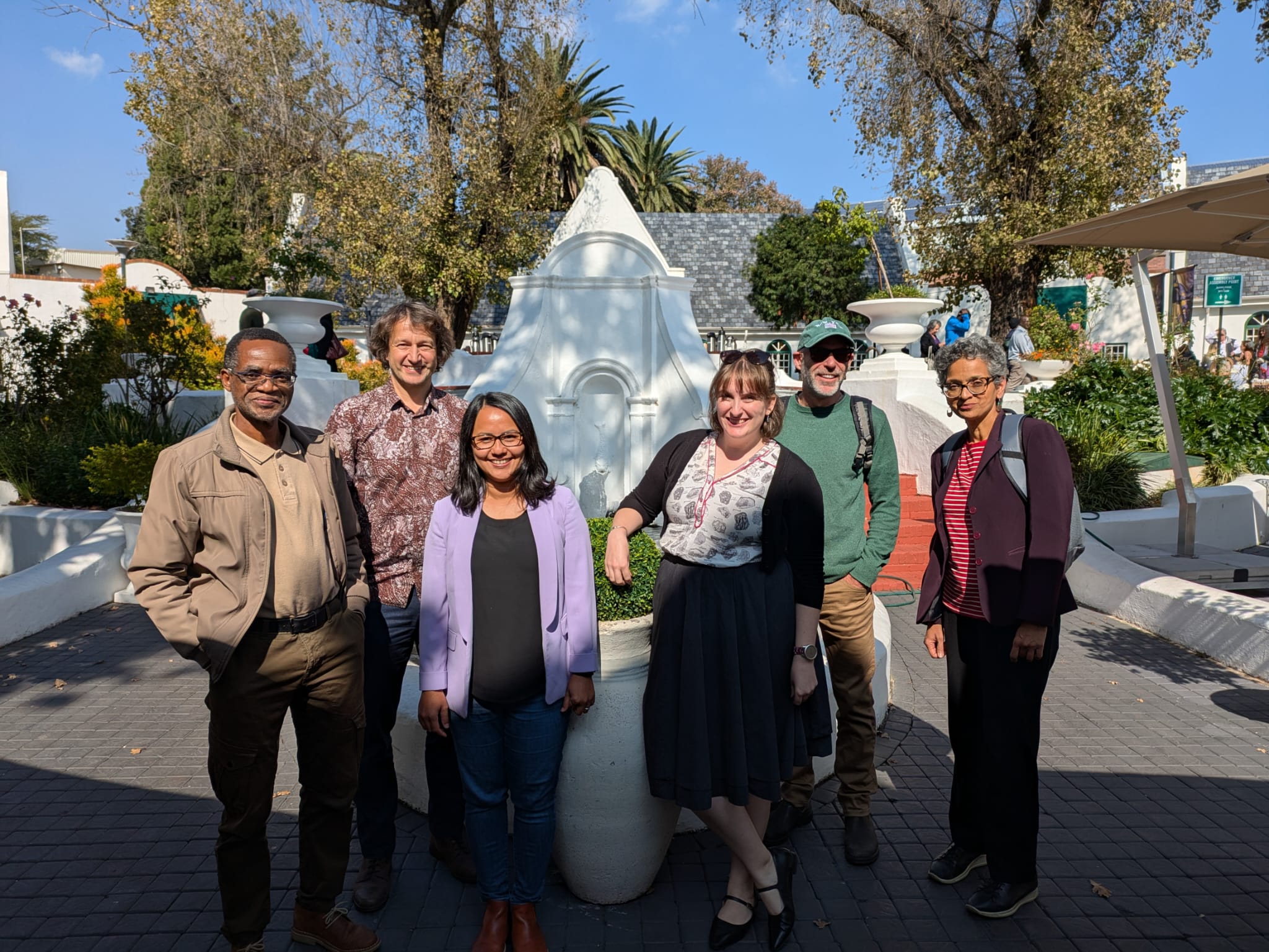
goals
What are our objectives and long-term goals?
- Develop a flexible, scalable framework for transdisciplinary collaboration on materials challenges related to the energy transition
- Advance whole-system assessment tools that integrate technical, social, and environmental dimensions
- Deepen understanding of how to navigate value conflicts and unintended consequences
- Create tools to support embedding co-design practices into research from the start
- Ultimately, this work seeks to shift the paradigm for how we tackle grand challenges: from siloed solutions to collaborative systems thinking, where innovation is grounded in both social responsibility and scientific rigour.
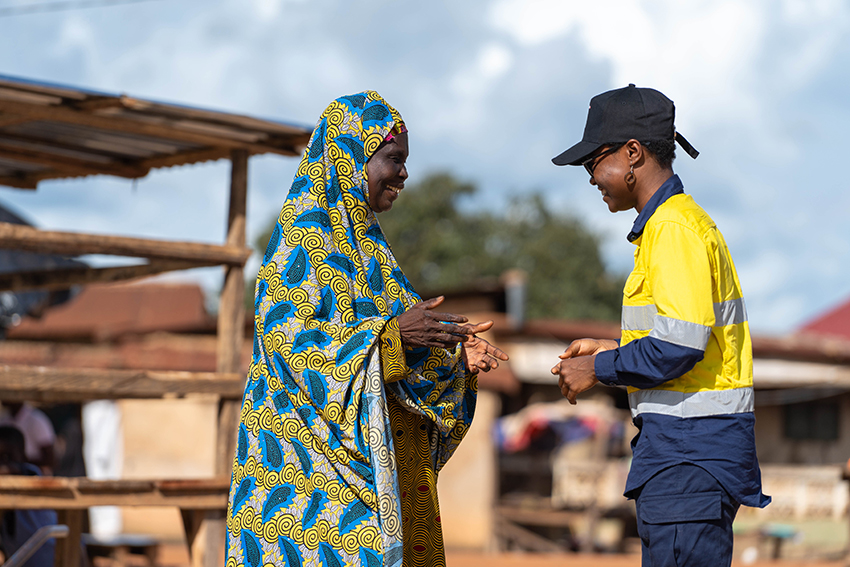
Sign up
to our newsletter
Stay informed with the latest research breakthroughs, expert insights and updates from the Rio Tinto Centre for Future Materials. Sign up to our newsletter to connect with a global community driving innovation in sustainable materials and the energy transition.
